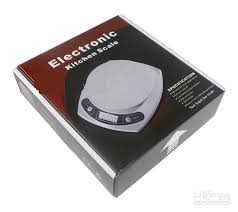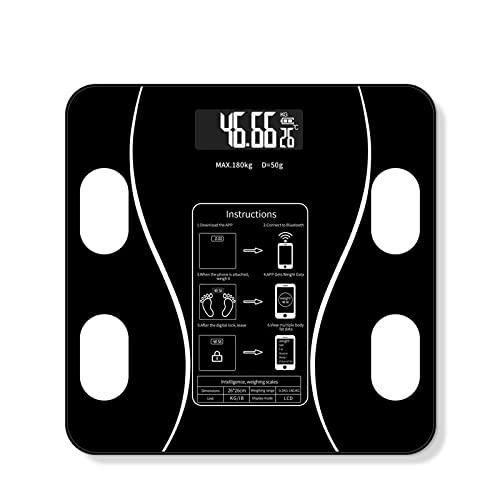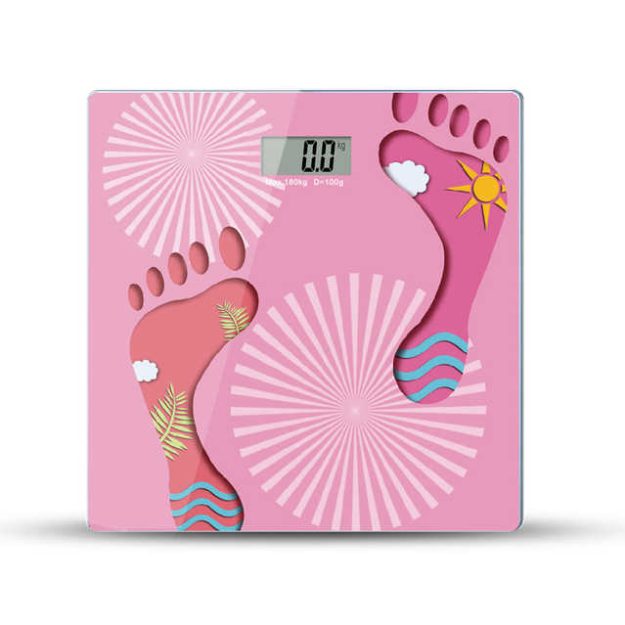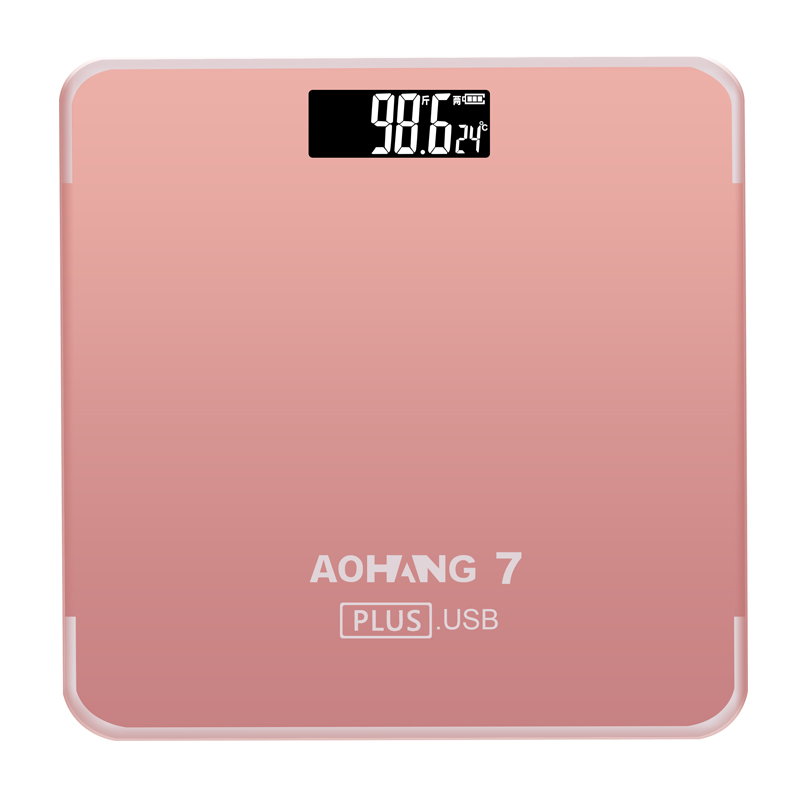A kitchen scale is an essential tool in any home or professional kitchen, helping you to measure ingredients precisely for cooking and baking. However, an inaccurate scale can lead to poor recipe results, overuse of ingredients, or even nutritional imbalances. To make sure you’re using a reliable and accurate kitchen scale, there are several methods and tests you can perform to verify its precision. In this guide, we will walk you through how to check the accuracy of a kitchen scale and ensure you are using a dependable tool for all your culinary needs.
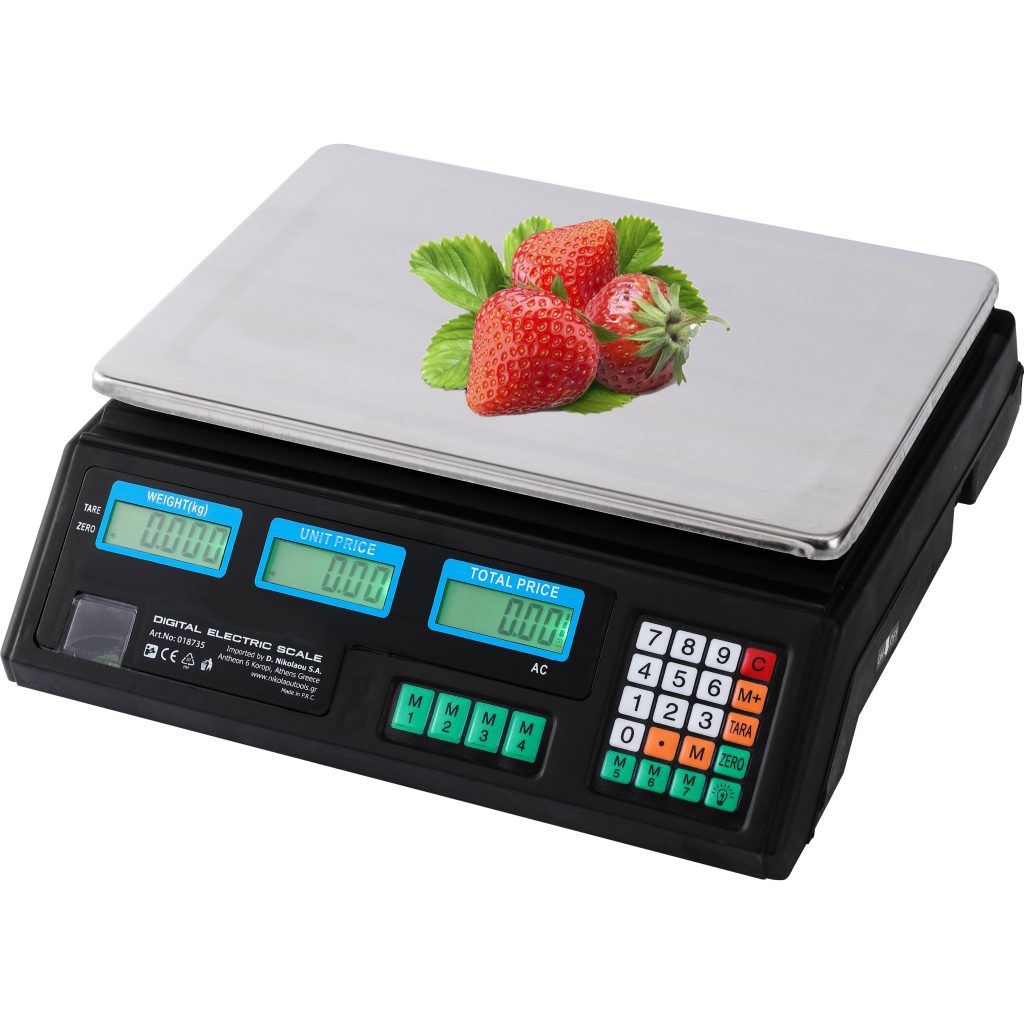
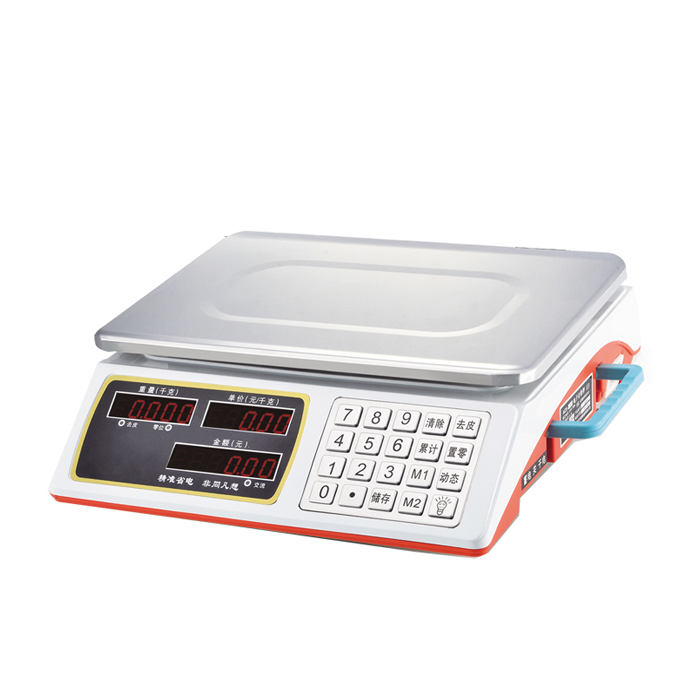
Why Accuracy is Crucial for a Kitchen Scale
Before we get into how to test your kitchen scale for accuracy, it’s important to understand why it matters. Here are some key reasons:
- Recipe Precision: Many recipes, especially in baking, require precise measurements. Even a small difference in the weight of ingredients can affect the final product.
- Nutritional Control: If you’re tracking your food intake for health reasons, accuracy is essential for calculating calories, macronutrients, and portion sizes correctly.
- Consistency: If you’re preparing multiple batches of the same dish or ingredient, having an accurate scale ensures consistency in taste and texture.
How to Check if a Kitchen Scale is Accurate
To determine whether your kitchen scale is accurate, follow these steps:
1. Use Known Weights for Calibration
One of the most straightforward methods to check a kitchen scale’s accuracy is by using known weights. If you have items with a precise weight, such as standard weights from a calibration kit or even household objects with known weight, you can test your scale’s precision.
- What to do: Weigh objects like a packet of sugar, flour, or any other item that lists its weight on the packaging. These weights should be consistent and serve as a reference point.
- Example: If a packet of sugar weighs 500g, place it on the scale and check if the reading matches 500g.
- Expected outcome: If your kitchen scale reads the exact weight, it is likely accurate. If there’s a discrepancy, the scale may need recalibration or replacement.
2. Perform a Zero or Tare Test
Most modern kitchen scales have a tare function, which allows you to reset the scale to zero when using a container or bowl. To check if your scale is accurate, perform the tare test to ensure the scale resets properly to zero when no weight is on it.
- What to do: Turn on the scale, place an empty container on it, and press the tare button. The scale should read “0” when the container is removed.
- Expected outcome: The scale should reset to zero when you press the tare button. If it doesn’t, or if it still displays a weight when it should show zero, the scale may be faulty or need recalibration.
3. Check the Scale’s Weight Tolerance
Each kitchen scale has a tolerance level, which is the acceptable margin of error for measurements. A typical tolerance might be ±1 gram, meaning the weight can fluctuate by a gram either way. Most scales will list their tolerance in the user manual or on the product page.
- What to do: Weigh an object multiple times to see if the readings are consistent. If your scale shows varying weights with the same item, it may not be accurately calibrated.
- Example: Weigh an item five times and note the results. If they all fall within the tolerance range (e.g., ±1 gram), your scale is probably accurate. A larger variation suggests that the scale isn’t functioning properly.
4. Weigh the Same Object Multiple Times
Another simple test involves weighing the same object multiple times to check for consistency. This test will give you an idea of how well the scale holds its readings under repetitive use.
- What to do: Place an object on the scale, note its weight, and then remove and re-place the object on the scale multiple times, noting the reading each time.
- Expected outcome: If the scale consistently shows the same weight for the object every time, it is likely accurate. If the readings fluctuate widely, this suggests that the scale is not properly calibrated.
5. Use a Calibrated Weighing Standard
If you want a more advanced method to verify the accuracy of your kitchen scale, you can purchase a calibrated test weight. These are professional-grade weights that are specifically designed for calibration purposes and offer an exact weight measurement.
- What to do: Purchase a certified test weight from a reputable source or use one provided in a calibration kit. Weigh the test weight on your kitchen scale and check if the reading matches the exact weight on the label.
- Expected outcome: If the reading matches the weight within an acceptable range, the scale is accurate. If it differs by more than a small tolerance, the scale may need recalibration or repairs.
6. Check for Proper Placement and Surface Leveling
Another important factor affecting the accuracy of your kitchen scale is the surface on which it sits. Make sure your scale is on a flat, stable surface, as uneven surfaces can lead to inaccurate readings.
- What to do: Place your scale on a flat countertop or table. Avoid using it on uneven or soft surfaces like carpets, which can cause instability and lead to incorrect measurements.
- Expected outcome: If the scale gives varying readings based on its position or surface, it’s a sign that it might not be properly calibrated.
7. Look for Digital or Analog Calibration Options
Some digital kitchen scales offer built-in calibration options or instructions for manual calibration. You can reset or calibrate the scale to ensure it’s providing accurate readings. Check the user manual to see if this is possible with your specific model.
- What to do: Follow the manufacturer’s instructions to recalibrate the scale. Typically, this involves placing a known weight on the scale and following the procedure to set the scale to that weight.
- Expected outcome: After recalibration, the scale should accurately display the known weight of objects placed on it.
Common Issues Affecting Accuracy
If your scale isn’t providing accurate readings, there could be several potential causes:
- Battery Issues: If you’re using a battery-powered scale, a low battery can affect its performance. Try replacing the batteries to see if that resolves the issue.
- Overloading the Scale: Most kitchen scales have a maximum weight capacity. If you exceed this capacity, it can damage the scale or cause it to give incorrect readings.
- Moisture or Dirt on the Scale: Dirt or moisture can interfere with the sensors of a digital scale. Make sure to clean your scale regularly and avoid placing wet items on it.
- Wear and Tear: Over time, kitchen scales may lose their accuracy due to repeated use. In such cases, it may be necessary to replace the scale.
When Should You Replace Your Kitchen Scale?
If after performing all of these tests you find that your kitchen scale is consistently inaccurate, it may be time to replace it. While many scales are built to last, the accuracy can degrade over time due to usage, wear, or damage.
Signs that it’s time to replace your scale:
- Inconsistent readings even after recalibration.
- The scale fails to reset to zero when you press the tare button.
- Physical damage to the scale, such as cracked displays or faulty buttons.
Conclusion
Accurate measurements are essential in the kitchen, whether you’re preparing a delicious recipe or tracking nutritional intake. By following the steps outlined in this guide, you can easily check if your kitchen scale is accurate and reliable. Regular testing and maintenance will ensure that your scale continues to provide precise measurements for years to come. If you need a high-quality kitchen scale in Uganda, Eagle Weighing Systems offers a wide range of reliable and accurate scales to suit all your culinary needs. For more information or to make a purchase, visit Eagle Weighing Systems today!
Additionally, you can stay updated and interact with Eagle Weighing Systems through their social media channels:
For more products and information on weighing solutions in Uganda, check out Weighing Scales in Uganda.

